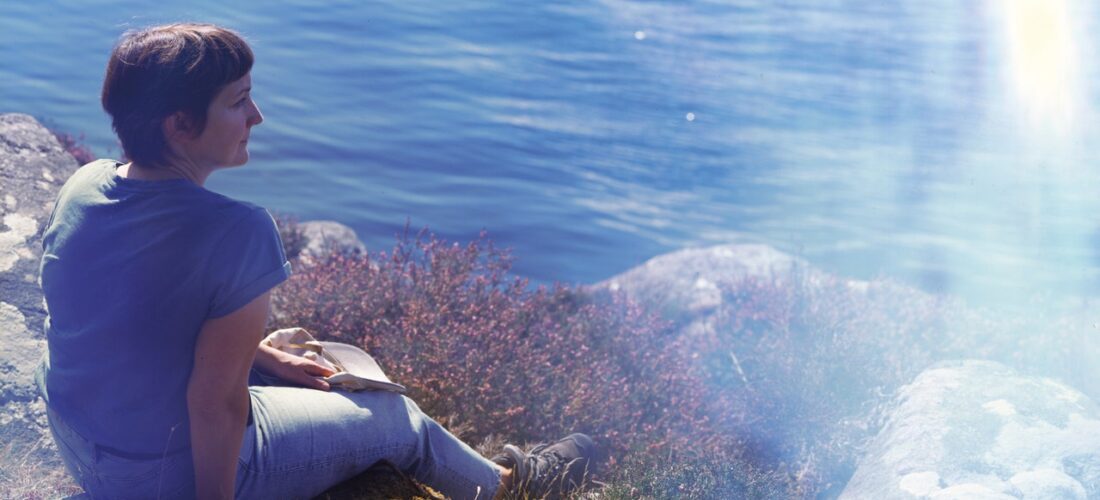The industrialization of nostalgia has grown so tedious that the comeback of an old favorite can elicit as much malaise as excitement these days. But news of Camera Obscura’s impending return stirred something hot and fluttery even in cycle-hardened indie-rock hearts. Stereogum “literally squealed,” as did I, as did probably anyone who followed the most loveable band in twee from around 2000 to 2015, a run cut short by the untimely death of keyboardist Carey Lander. How else could we express our feelings about music that, even at its saddest, had brought such unique delight—for reasons that, given its unpretentious style, were so hard to put into words?
It took years to fathom someone sitting in for Lander, in which time Campbell also had a child. But reuniting in 2019 at the behest of Belle and Sebastian was a most fitting rebirth: In 2001, Stuart Murdoch had produced Camera Obscura’s debut, Biggest Bluest Hi-Fi. Indie fans were already gaga for one Glaswegian band with shy boy-girl vocals, old-fashioned pop underpinnings, and zesty, testy lyrics, and they were thrilled to get another one right from the source. Underachievers Please Try Harder, from 2003, perfected their style—plainspoken, sardonic, deliciously heartbroken; bookish rather than self-consciously literary; and marked by subtle strains of postwar Americana, which flourished on 2006’s Let’s Get Out of This Country, a clear turning point. Kenny McKeeve, who sang a lot on the first two records, fell back to tend to his spiky, reverb-softened guitars, and Campbell took center stage. Over two more albums, her lilting, aching songs carried the band’s relatability over into a color-drenched land of high fidelity, where it flushed with big studio strings and horns, embracing bubblegum rock, orchestral pop, beach music, and, especially, country and western from the altars of Patsy, Tammy, and Dolly.
There were many reasons to be optimistic about Look to the East, Look to the West, the Scottish band’s first album in 11 years. They had gone out in top form on 2013’s Desire Lines, which I slightly underrated then but grew to adore. Key creators of their ferny, silvery sound were still in place—including McKeeve, bassist Gavin Dunbar, and drummer Lee Thomson—and Lander’s former role was ably taken up by Donna Maciocia. But the emotional charge in anticipation of the new album came from the fact that their story had been left unfinished so suddenly and cruelly. This wasn’t a comeback; it was catharsis, and the only question was whether or not time had faded Tracyanne Campbell’s gifts: her rumpled-classic songwriting, unerring instinct for melodic embellishment, and the long green meadows of her voice.
